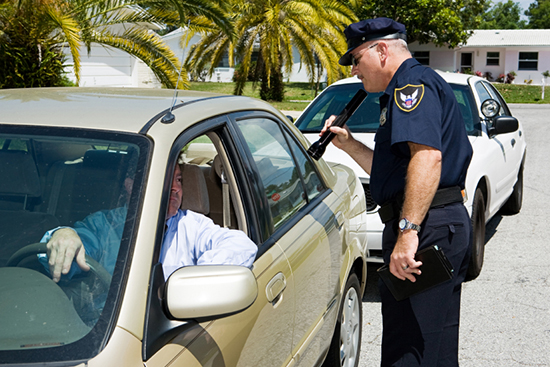
If you are out in public minding your own business and are approached by the police, you might think that you’re obligated to answer their questions. Sometimes, police question individuals in an effort to better understand a situation, locate a person of interest, or to help solve a crime. Most of the time, police officers are simply doing their jobs, but it is important for those who are approached by the police to remember something very important. Simply because a police officer wishes to speak with you does not mean that you are under any obligation to engage in conversation with him or her. However, if you are stopped while driving in Michigan, you have to present the officer with your driver’s license, proof of insurance, and your vehicle’s registration, but you do not have to answer questions from the police without a criminal defense attorney present, if you choose.
If you are stopped and questioned by the police on the street, or in another public place, you can ask the officer whether you are being arrested. If you are not under arrest, you are free to leave at any time, although you might not want to run away because you might then be considered a suspect. However, officers are allowed to detain individuals for short periods of time while conducting an investigation, and for officer’s safety.
For matters of little importance, it’s usually perfectly acceptable to answer questions from the police, but at times, police might be questioning you in an effort to determine whether you are a suspect of a certain crime. In these cases, you might wish to invoke your right to remain silent, or simply walk away if you are not detained. If you are not engaging in unlawful behavior and the police do not have probable cause that suggests you are, you have every right to refuse any type of question. It is important to remember that you have a right to remain silent. You do not have a right to lie to police officers. Lying to police officers is a crime that can lead to prosecution, and it also will be used against you if you are prosecuted for any offense.
 Michigan Criminal Attorneys Blog
Michigan Criminal Attorneys Blog






